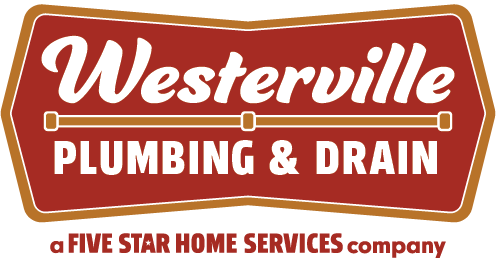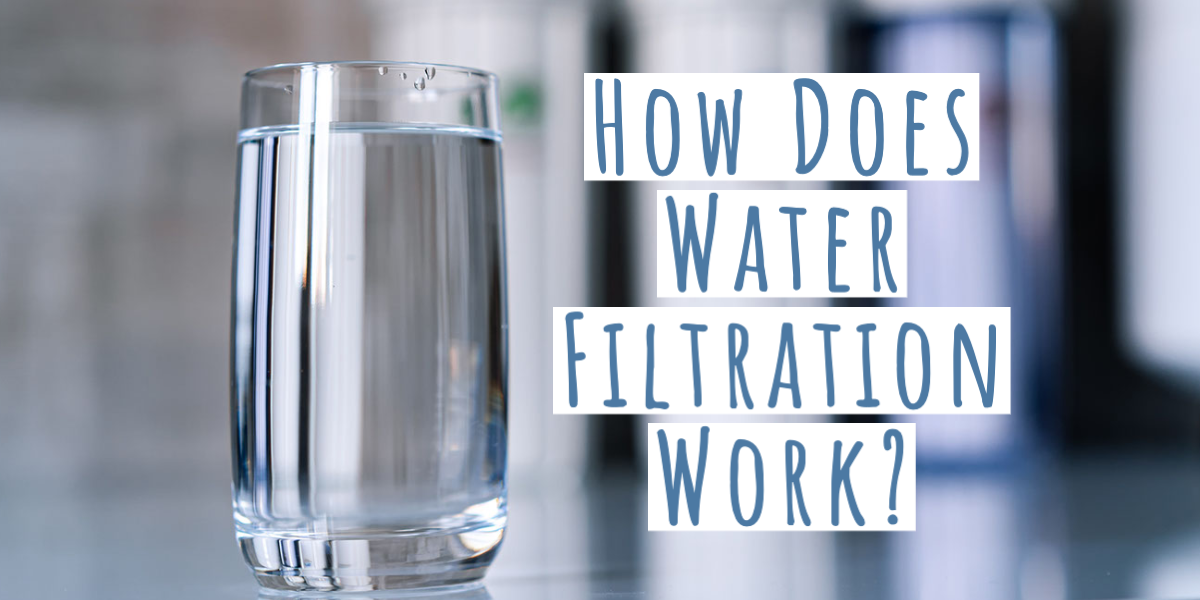You want clean, quality, and great-tasting water for your family’s home and health. But maybe you have more questions than answers regarding water quality issues and how they could impact your home. Some questions you may be asking:
- What exactly is hard water?
- What do water softeners do?
- How can I tell which would best benefit my home?
Westerville Plumbing & Drain is here to answer these questions to ensure that water quality isn’t something you’re wondering about every day.
What Causes Hard Water?
Perhaps you have unloaded your dishwasher and noticed that you have those annoying water spots on your dishes. Maybe even soap scum in your tub and shower doors, or your hair seems dry no matter what treatments you use? Hard water is probably the reason. The soap you use in your laundry and kitchen reacts with the high level of calcium and magnesium in your hard water. Because your home may have hard water, you will need more soap/detergent to get things completely clean. It can be extremely frustrating with whatever you’re trying to get clean, and constantly cleaning it can cause wear and tear in your clothing.
What Is The Purpose Of A Water Softener?
Water softeners remove minerals that cause hard water. They use a different treatment process than filtration systems, so they don’t function like water filters. Water filters concentrate on and perform a number of tasks, as we’ll discuss later. However, because it stops calcium and magnesium, softeners can increase your water grade and help you save on cleaning supplies, and lower your water bill. You will also see cleaner dishes, sinks, and a difference in your skin and hair.
What Is The Purpose Of A Water Filter
Water filters are a barrier that prevents debris and bacteria from washing through the water and into your home. The filtration process can be classified into two types: physical and chemical.
- Physical filtration– its job is to remove substantial impurities from the water that passes through your home. Through this filter, debris is caught, and clean water runs through your home.
- Chemical filtration- creates a chemical reaction as water passes through an activated carbon- for example, charcoal. Chemical filtration helps drain smaller particles like debris in the water that can pass through the filter during physical filtration. In closing, both filtration processes work together to filter your water and make it safe for your family.
How Can I Decide If I Need A Water Filter or Softener?
Whether water softening or filtration is best for your home, depends on what’s in your water and the problems you want to solve; you may even want to address both. For example, a water softener can alleviate your frustrations when dealing with spots on your dishes or dry, irritated skin in your household. In contrast, a filter may be your best option if your water tastes or smells strange or if you are concerned about the chemicals in your drinking water.
Where Do I Go For Help?
Lucky for you, you came to the right place, and Westerville Plumbing & Drain is here to help you and your family figure out which filter works best for your home. You can call (614) 540-3437 for any additional questions or schedule an online appointment by clicking here! If you continue to have questions or concerns, we are here to help you and your family have the best water for your home.

